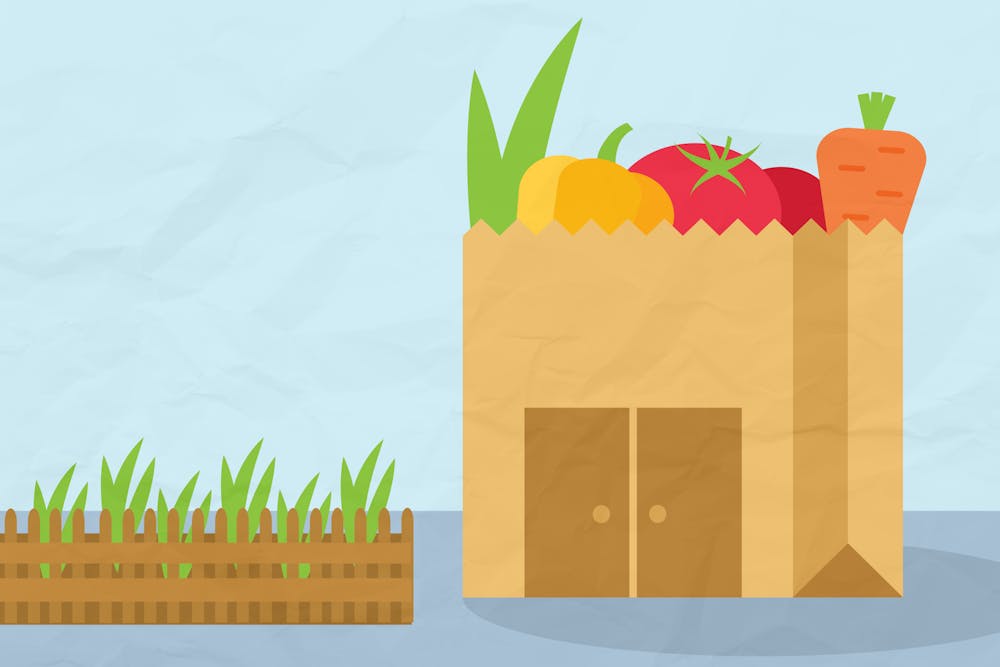On Sunday evening, once every month, PORCH Executive Director Erin Riney and the organization’s community coordinators and volunteers gather and package grocery items, including thousands of eggs and hundreds of gallons of milk.
By Monday evening, these groceries are taken to a parking lot for pickup — come rain or shine — with over 400 cars and thousands of people who come monthly to pick up their supply of groceries.
PORCH is a national organization that got its start in Chapel Hill and Carrboro. What started as a grassroots community effort — neighbors leaving groceries on their front porches for pickup — transformed into a large and still expanding effort to target food insecurity in the Carrboro and Chapel Hill community, most specifically for families with children in school.
“People responded to the simplicity of it, and I think that also speaks to the fact that all you have to do sometimes is ask,” Riney said. “People want to help, you just have to ask them, and invite them to be a part of it.”
Much of the community PORCH serves is Burmese. Over the past decade, the Triangle area has provided shelter for over 8,000 refugees from Myanmar.
Because of this, PORCH also purchases produce from Transplanting Traditions Community Farm, a cultural community garden that grows Southeast Asian vegetables.
The Carolina Community Garden grows Southeast Asian produce to meet the specific needs of its community. The garden also helps the University’s low-income employees. This includes the University's housekeepers, who protested last February against UNC’s failure to increase wages and offer free parking.
After starting in March 2010 through the N.C. Botanical Garden, the Carolina Campus Community Garden has grown from its humble beginnings to a permanent location on Wilson Street, standing at about a third of an acre.
Volunteers feel a sense of pride in the produce they plant and harvest, garden program manager Claire Lorch said. This community aspect is necessary for the garden’s commitment to providing food for the housekeepers and showing them that members of the UNC community care about them.



